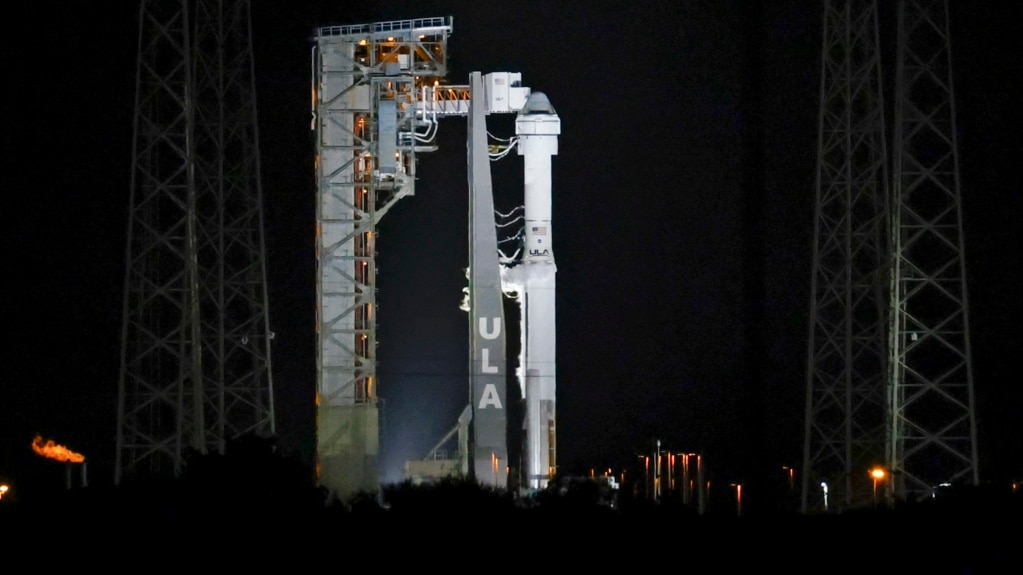The first crewed test of Boeing’s Starliner spacecraft was postponed Tuesday because of a problem with the rocket system.
Officials stopped the launch about two hours before the planned liftoff at NASA’s Kennedy Space Center in Florida.
Two astronauts from the American space agency NASA had just taken their final positions in the Starliner capsule when officials halted the countdown. The astronauts chosen for the flight are 61-year-old Barry “Butch” Wilmore and 58-year-old Sunita “Suni” Williams.
The capsule will be carried to space by an Atlas V rocket. United Launch Alliance (ULA) built the rocket. ULA is a joint operation between Boeing and the American company Lockheed Martin.
ULA chief Tory Bruno said the problem involved an oxygen pressure-release valve on the Atlas V’s second stage launch system. ULA officials could hear the problematic valve opening and closing.
Bruno said the valve might need to be replaced. That would push a new launch date into next week. If investigations show the valve is still operable, a new launch could be set for as soon as Friday.
It was the latest delay for Boeing's first test flight involving astronauts aboard the Starliner capsule. Bruno noted that other Atlas rockets have had similar valve trouble.
During those launches, the problem was quickly resolved by turning the valves off and back on. But the company is now facing stronger flight rules for trips that carry astronauts. “And so we stayed with the rules and the procedures, and scrubbed as a result," Bruno told reporters.
Steve Stich is NASA's commercial crew program leader. He admitted the decision to delay was a difficult one to make. “We’re taking it one step at a time, and we’re going to launch when we’re ready and fly when it’s safe to do so," he said.
The spacecraft completed its first uncrewed flight test to the International Space Station (ISS) in May of 2022. Since then, Boeing has experienced a series of technical difficulties with Starliner and its rocket system.
NASA chose Boeing and a competitor, SpaceX, in 2024 to start transporting astronauts to and from the ISS after NASA’s shuttle program ended. The private companies signed contracts with NASA worth billions of dollars.
Boeing has struggled to complete the testing process before it gets approval to start running official trips to the ISS. SpaceX, on the other hand, has been a dependable NASA partner since 2020, making regular trips to carry astronauts and supplies to the ISS.
The efforts are part of NASA’s plan to build a new generation of privately built spacecraft to carry its astronauts and others to the ISS, and after that to the moon and possibly Mars.
I’m Bryan Lynn.

